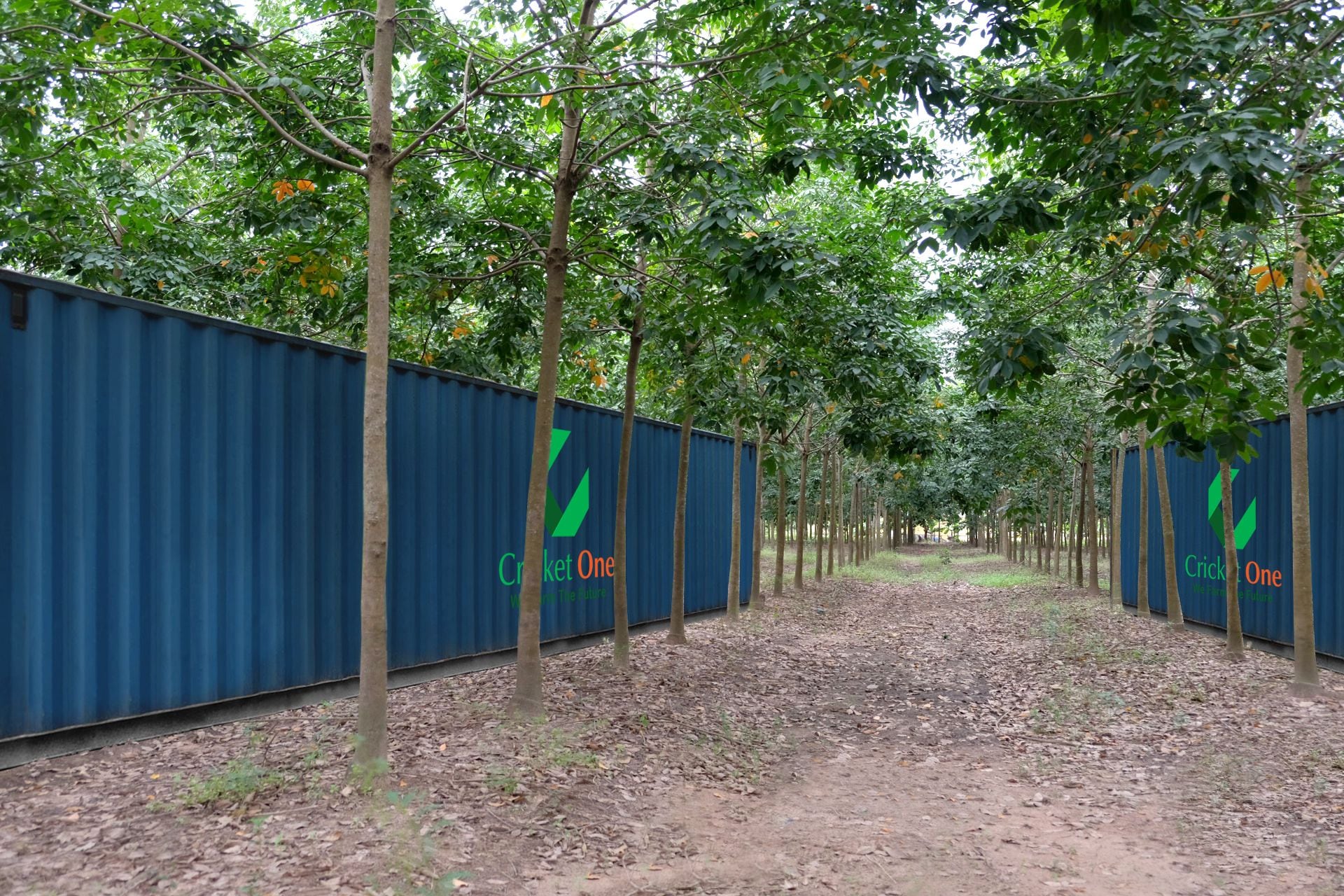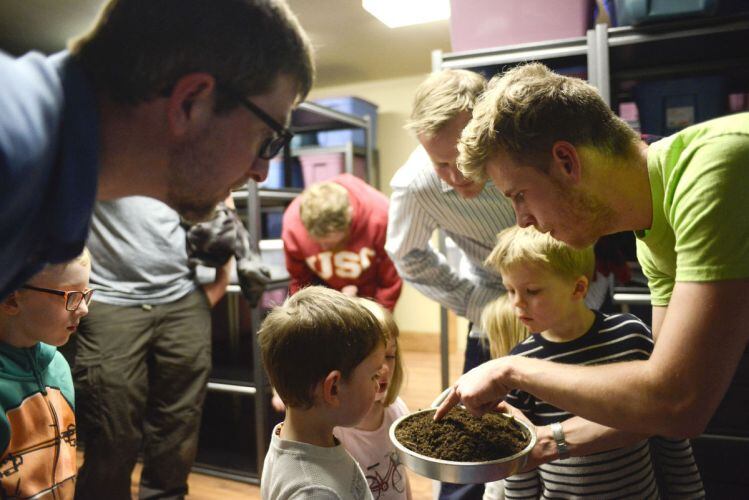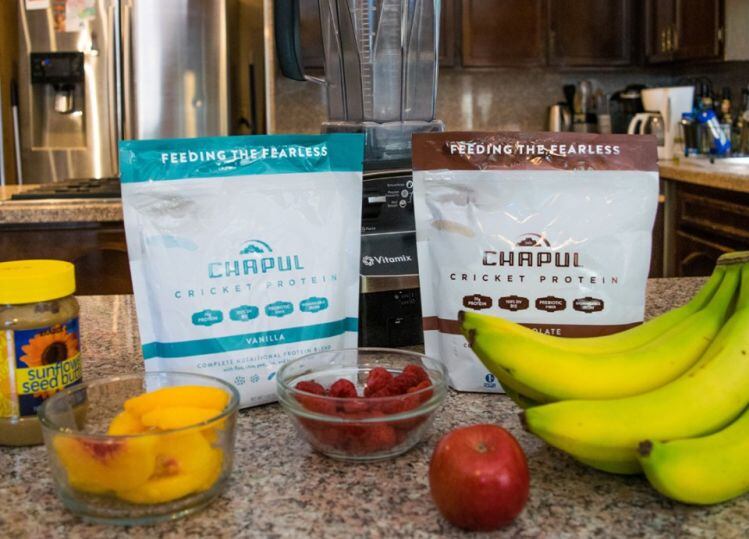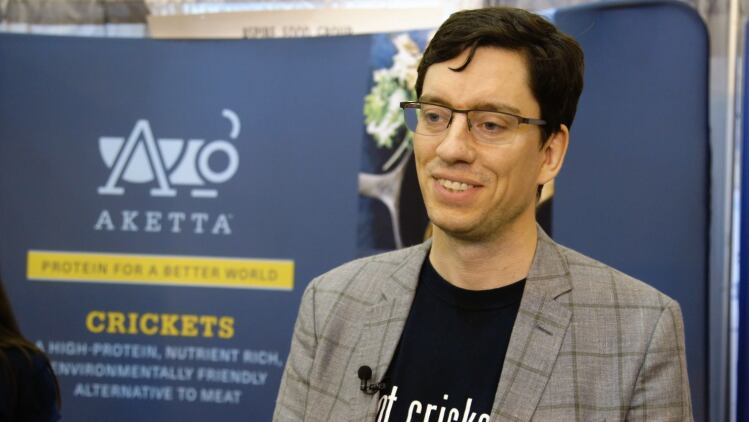“We have established a full production chain on the farming side, from feed, farming system, and automation,” said co-founder Nam Dang, who said the firm is already handling more than 25m crickets a month and seeks to become a leading supplier to firms in the US, Europe and Asia.
“The new funds will be used for further R&D and study of the cricket protein structure. If its bioactive peptide chain is defined and extracted correctly, crickets can become biological assemblies to provide highest- quality ingredients not only for food but also cosmetics and pharmaceuticals.”
Cricket One – which started commercial production in late 2017 - is primarily supplying bakeries and snack makers with cricket powder (it has a 60% protein powder and a defatted 70% protein powder), but is also working with firms in Vietnam, Russia and Korea on new products made with cricket protein and cricket oil such as sausages and mayo; and protein beverages made with a soluble cricket protein powder (70% protein).
Cassava waste serves as cricket feed
While most cricket farmers use commercial chicken feed – or some variation of that – to feed their insects, Cricket One uses cassava waste, providing cassava farmers with breeding units at no upfront cost, and delivering initial training. The farmers provide the labor and cassava waste - which Cricket One shows them how to prepare as cricket feed – and they can earn extra income.
“By outsourcing crickets growing to specially-trained local farmers, not only do we achieve cost advantage, but we also ensure better local incomes and community development, and better global sustainability,” said Dang. The frass (cricket poop) collected from farming can also be used to manufacture organic fertilizer.
When it’s time for the crickets to be harvested, Cricket One sends a refrigerated truck to the breeding units, collects the crickets and takes them to its central processing facility. Upon arrival, Cricket One removes the non-cricket parts, washes them, freezes them to put them to sleep, blanches (boils) them as a food safety step and then oven dries and mills them.
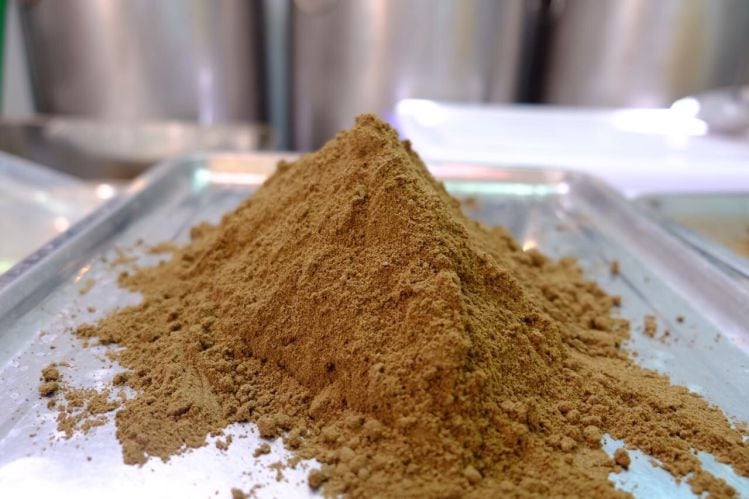
'We have 12 farms [collectively] producing 12 metric tons of crickets each month…'
Dang told FoodNavigator-USA: “We have 12 farms [collectively] producing 12 metric tons of crickets each month… Our factory has a capacity to process 45 metric tons a month, and for the time being expansion is not necessary. Most of the proceed [cash from the seed round] will [be] spent on product R&D and carrying out pilots with potential companies [customers].
“Most people agree that insects will have a place in the food industry, but current applications do not allow a breakthrough to happen. Our job is to develop unique applications from crickets that cannot be found from other livestock, and pilot them on different customer segments. Crickets are rich in protein, mineral, and chitin fiber, and we are using these ingredients as the main inspiration for developments. We will launch new applications in the next few months.”
'Korea and Japan are surprisingly open to new applications'
Asked about where the demand is coming from for edible insect products, Dang said:
“The UK and Germany are leading the insect food industry, while the US has quite a few successful startups transforming into SMEs. Markets such as Korea and Japan are surprisingly open to new applications. The big guys are no longer [just] watching, but [are] actually engaged in real pilots and testing. “
'Our ambition is to be the leading premium supplier in this market'
Speaking to us last year, co-founder Bicky Nguyen said: “US customers buying our product through a distributor are typically paying less than half of [what they would pay for product sourced domestically], but our products meet the highest quality standards.
“We monitor and trace every single batch of production, for safety and quality and nutritional values…. Our ambition is to be the leading premium supplier in this market and to make cricket protein more affordable and accessible to the mass market.”
- Cowboy Cricket Farms to open new edible insect farm in Montana in 2020
- Edible insect pioneer Chapul exits bar category (for now), turns attention to new project raising bugs for aquaculture, poultry feed
- WATCH: Edible insect cos that survived 'ruthless winnowing' process, have made 'significant progress,' says Aspire Food Group
“With each hectare able to produce over 250 tons of pure protein per year, it is almost 50 times more productive than growing soy beans for the famous Impossible Burger.”
Mikhail Zeldovich, director, Masik Enterprises

